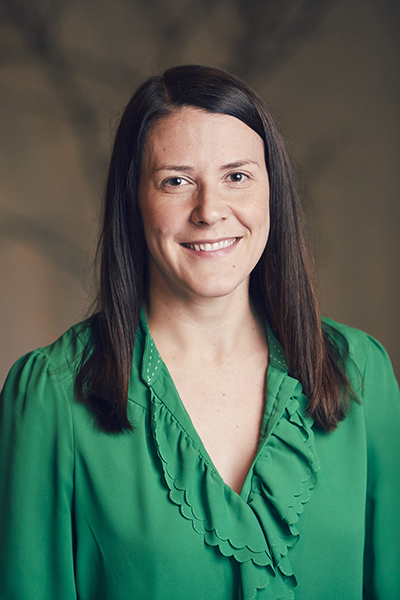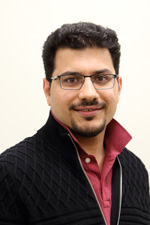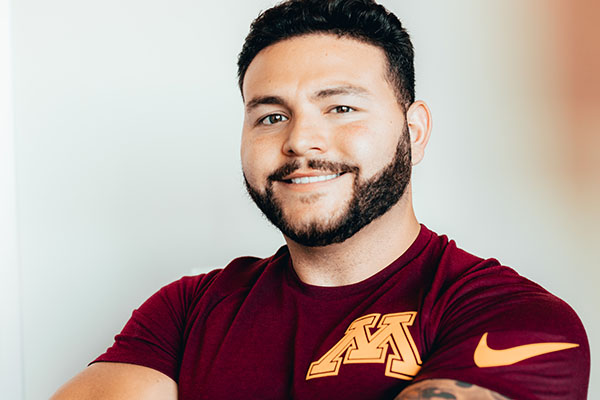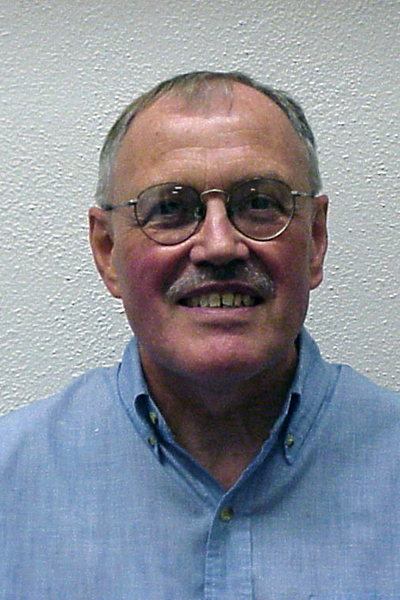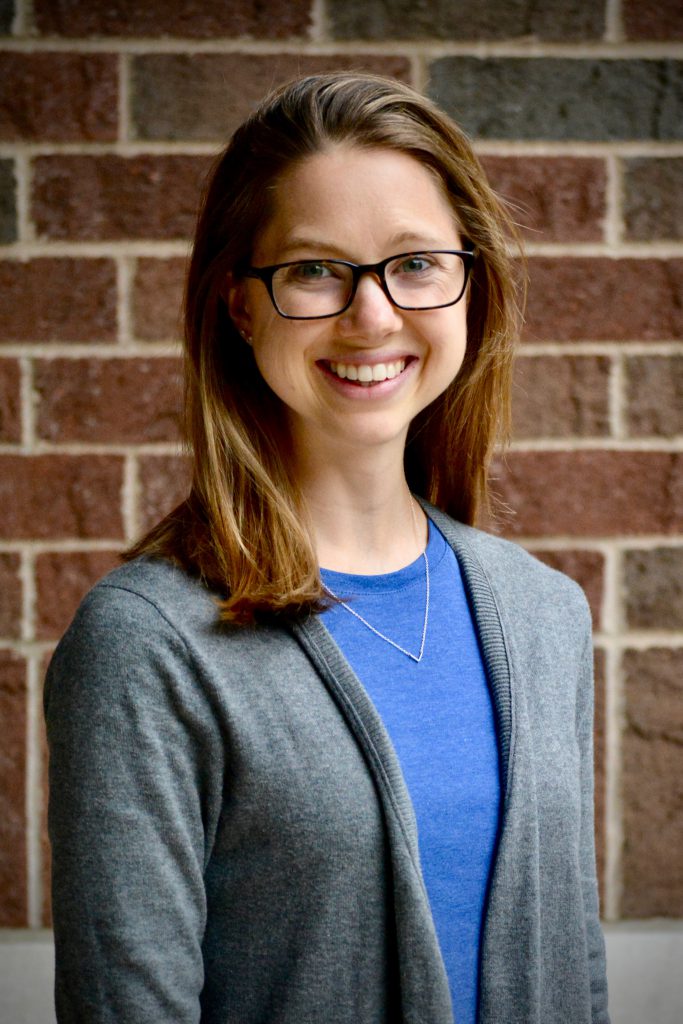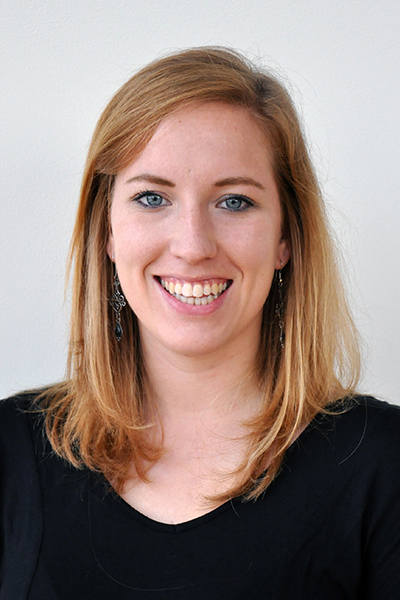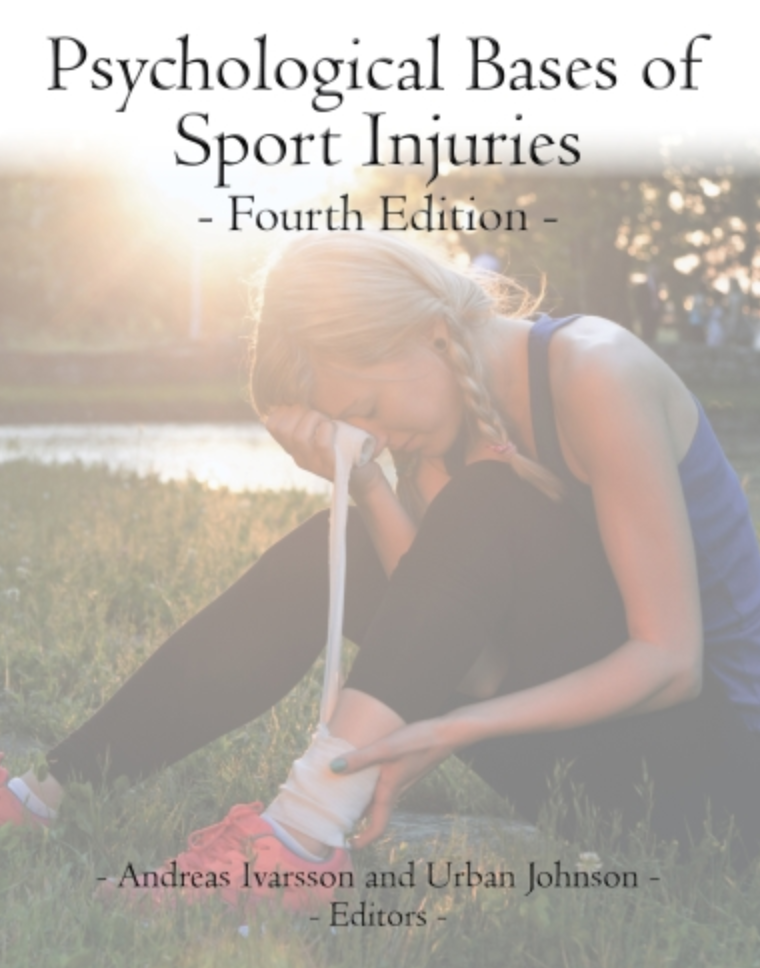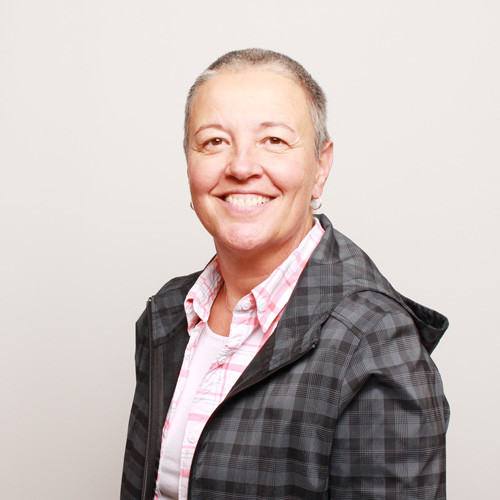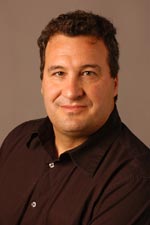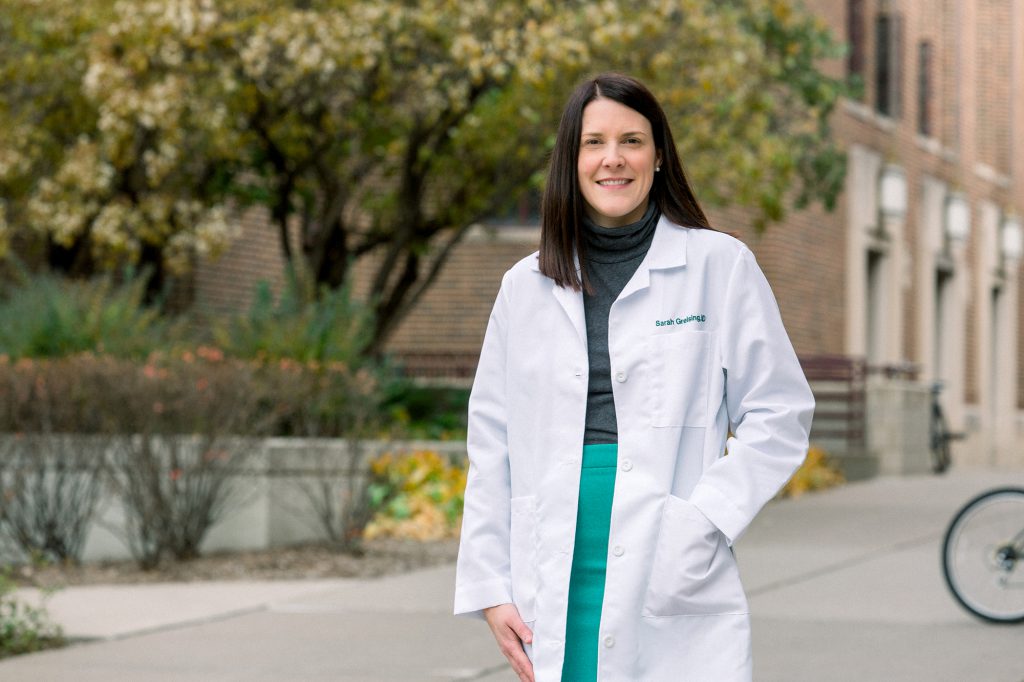Each year, students from the School of Kinesiology are awarded prestigious scholarships to pursue a myriad of academic or research areas. Meet our scholarship recipients of 2020 – 2021—Congratulations, students!
School of Kinesiology Scholarship

Baylee Beulke 
Hailey Scheevel
The School of Kinesiology Scholarship provides scholarships to outstanding students in the School of Kinesiology.
Baylee Beulke, BS student in Kinesiology (Colin Rogness, adviser)
Hailey Scheevel, BS student in Kinesiology (Collin Rogness, Anna Mraz, advisers)
Edith Mueller Memorial Fund
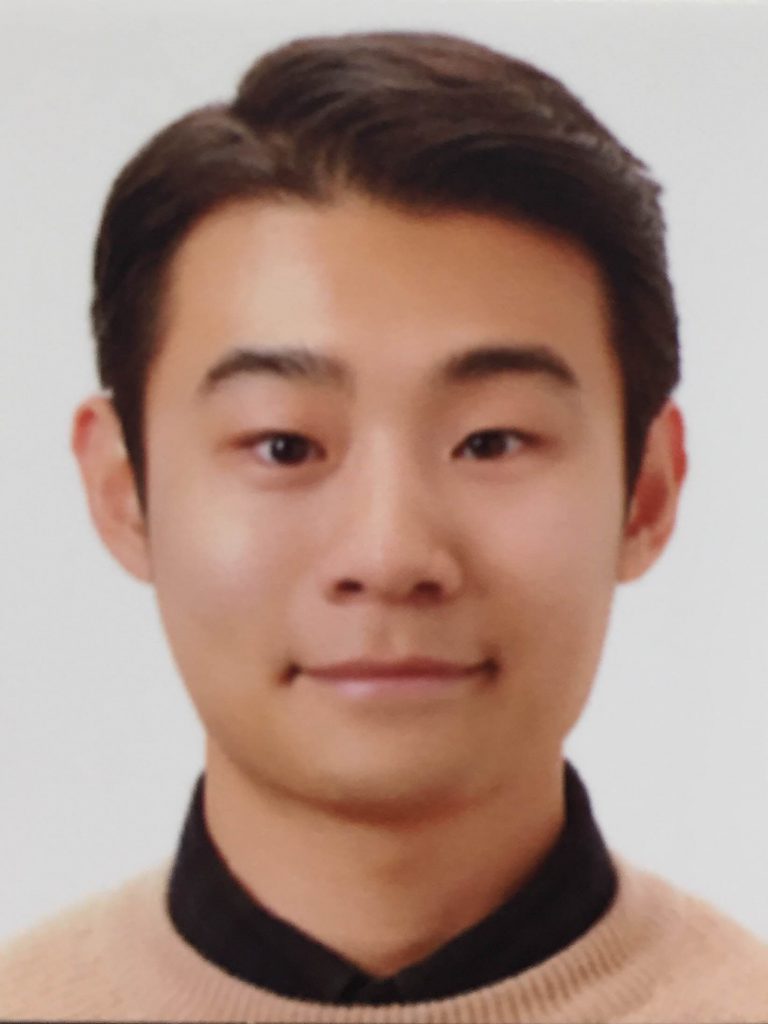
Mason Cho 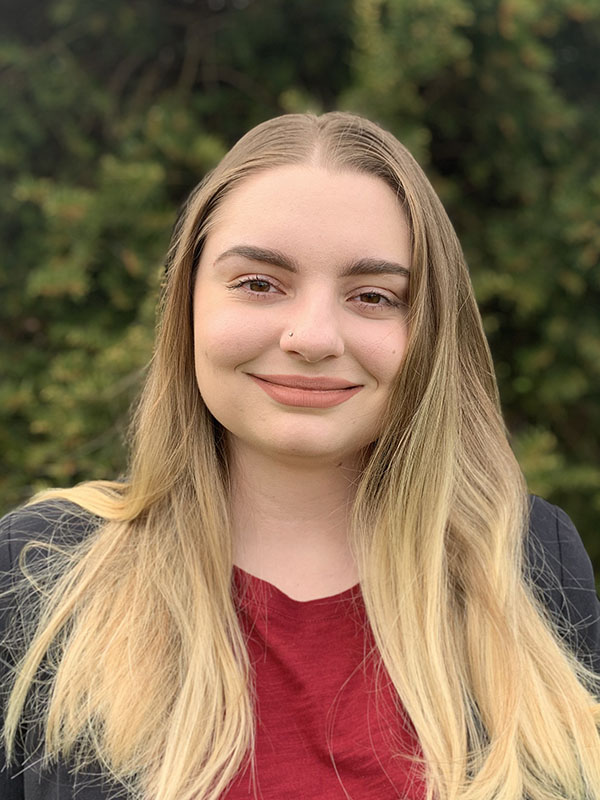
Stephanie Schmidt
The Edith Mueller Memorial Award seeks to reward participation and enthusiasm of undergraduate students pursuing a program in Sport Management, and to encourage students to further their involvement and deepen their commitment to this discipline. The award may be used to cover the costs of tuition, attendance at appropriate conferences, applicable research, and outreach activities. The award also provides funding for special lectures related to programs in sport management.
Mason Cho, BS student in Sport Management (Tracey Hammell, adviser)
Stephanie Schmidt, BS student in Sport Management (Tracey Hammell, Jessica Thompson, advisers)
Eloise M. Jaeger Scholarship at the Tucker Center

The Eloise M. Jaeger Scholarship provides scholarships in the Tucker Center for Research on Girls & Women in Sport.
Devin O’Connell, MS student in Behavioral Aspects of Physical Activity (Dr. Chelsey Thul, adviser)
Frances Kidd Scholarship

The Frances Kidd Scholarship provides scholarships to outstanding undergraduate students studying Kinesiology (formerly Physical Education students).
Maryn Hetzel, BS student in Kinesiology (Colin Rogness, adviser)
Edith Mueller Endowed Fund for Graduate Education in the Tucker Center

The income from the Edith Mueller Endowed fund will be used to support graduate education, including but not limited to graduate assistantships, research support, travel to conferences, and equipment.
Jeffrey Frykholm, MS student in Sport and Exercise Psychology (Dr. Diane Wiese-Bjornstal, adviser
Dorothy McNeill Tucker Fellowship

The Dorothy McNeill Tucker Fellowship provides funding for graduate students working with the Tucker Center for Research on Girls & Women in Sports.
Courtney Boucher, PhD student in Sport Sociology (Dr. Mary Jo Kane, Dr. Nicole M LaVoi, advisers)
Tucker Center Graduate Fellowship for Gender Equity in Sport

The Tucker Center Graduate Fellowship for Gender Equity in Sport provides funding for graduate fellowships in the Tucker Center for Research on Girls & Women in Sport.
Hannah Silva-Breen, MS student in Sport and exercise psychology (Dr Nicole LaVoi, adviser)
Pam Borton Endowment for the Promotion of Girls and Women in Sport Leadership

Created in 2014, this endowment honors the leadership and legacy of Pam Borton, nationally recognized and winningest coach of the women’s basketball program at the University of Minnesota. The purpose of this endowment is to promote leadership among girls and women in a sport context. The Borton Endowment includes, but is not limited to: (a) funding assistantships for graduate students; (b) hosting a national forum on women’s leadership development; and (3) supporting research examining the role of sport on females’ leadership development.
Courtney Boucher, PhD student in Sport Sociology (Dr. Mary Jo Kane, Dr. Nicole LaVoi, advisers)
Roger W. and Ann T. Drinkwalter Fellowship for Nutrition Research

The Roger W. and Ann T. Drinkwalter Fellowships in nutrition research are to be awarded to graduate students pursuing research on aspects of nutrition as an important context for critical factors related to health and wellbeing, including but not limited to movement and physical activity, healthy aging, overweight and obesity, health inequalities, and vascular health.
Erica Roelofs, PhD student in Exercise Physiology (Dr. Donal Dengel, adviser)
J Anna Norris Scholarship
The J Anna Norris Scholarship is a loan, gift, or scholarship for promising students with financial need engaged in professional preparation in the School of Kinesiology.

Mason Cho 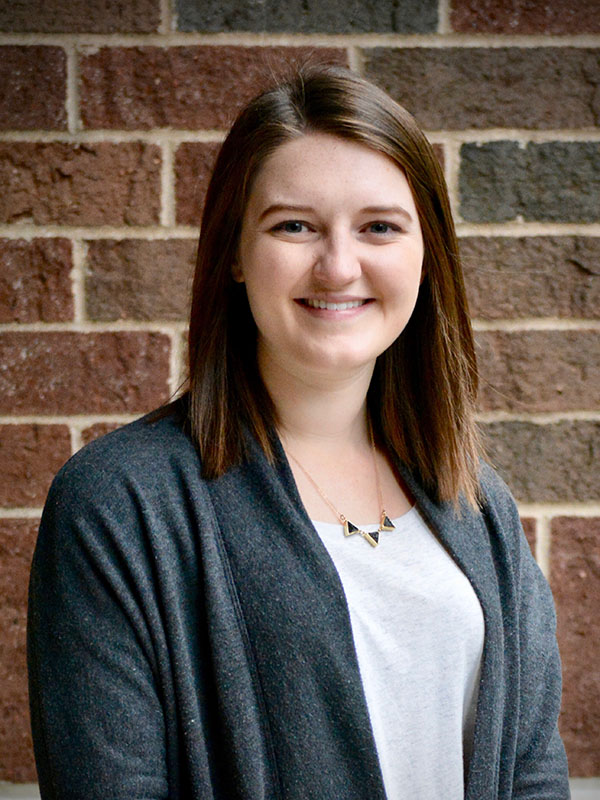
Madeline Czeck 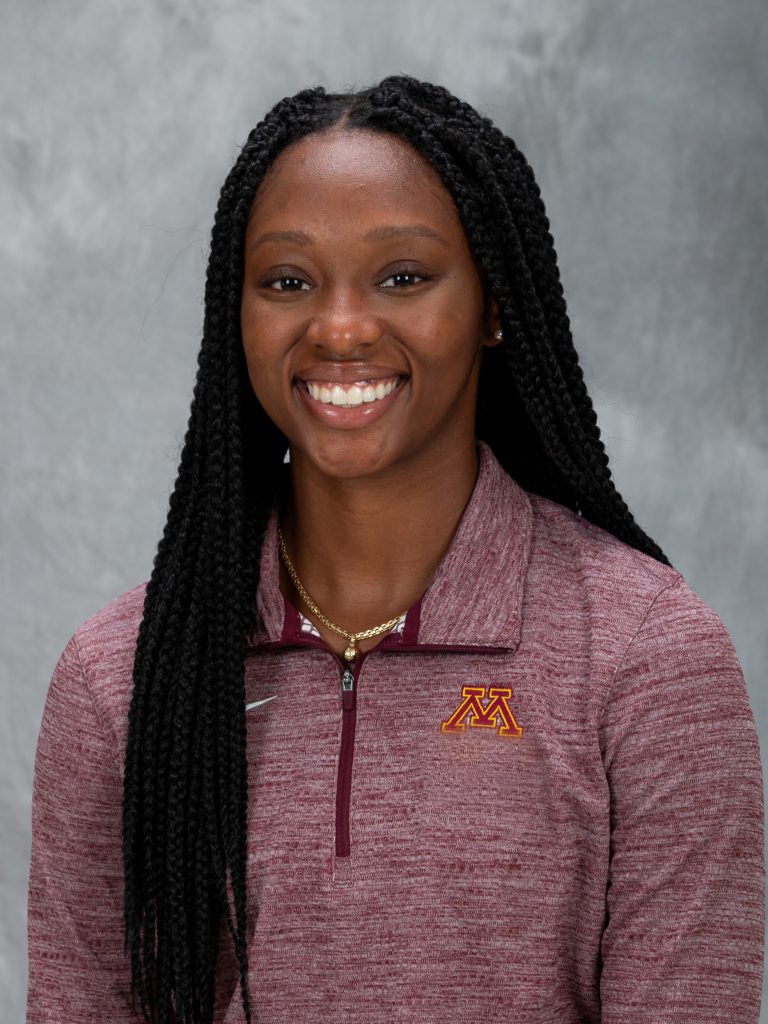
Cachet Lue 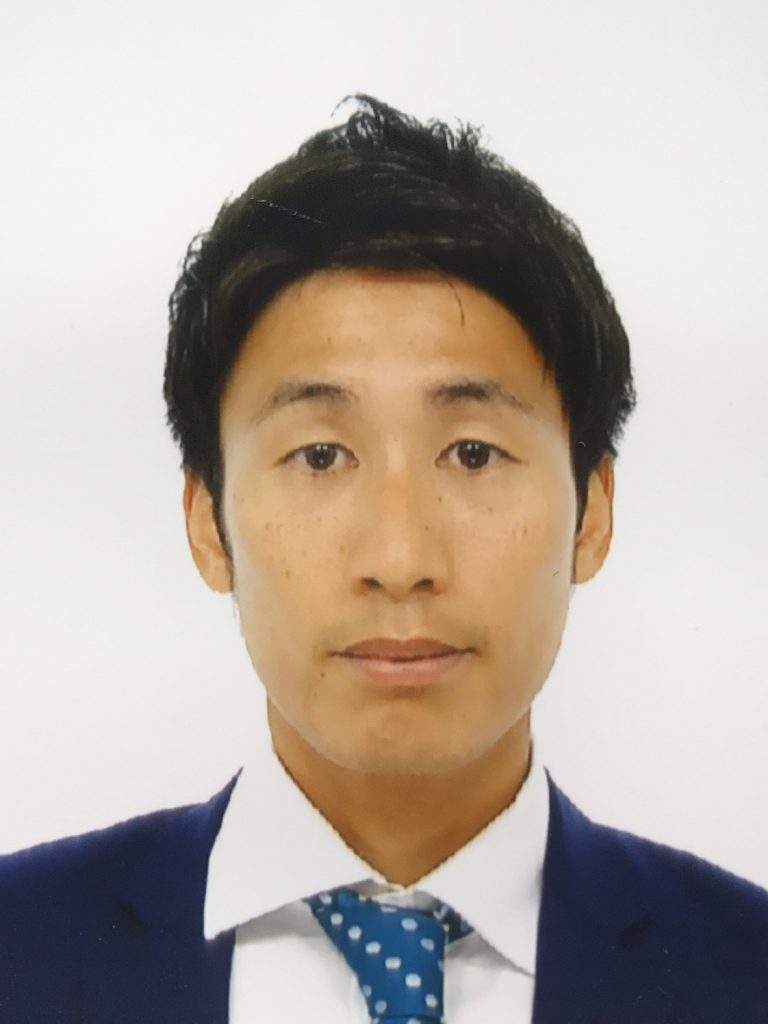
Shohgo Motoyama 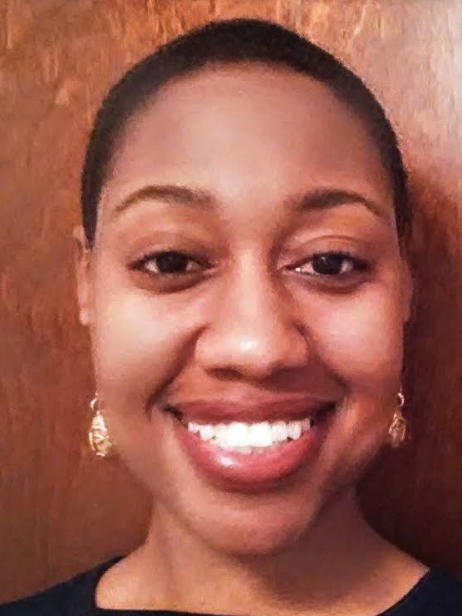
Ayanna Rakhu 
Leila Riley 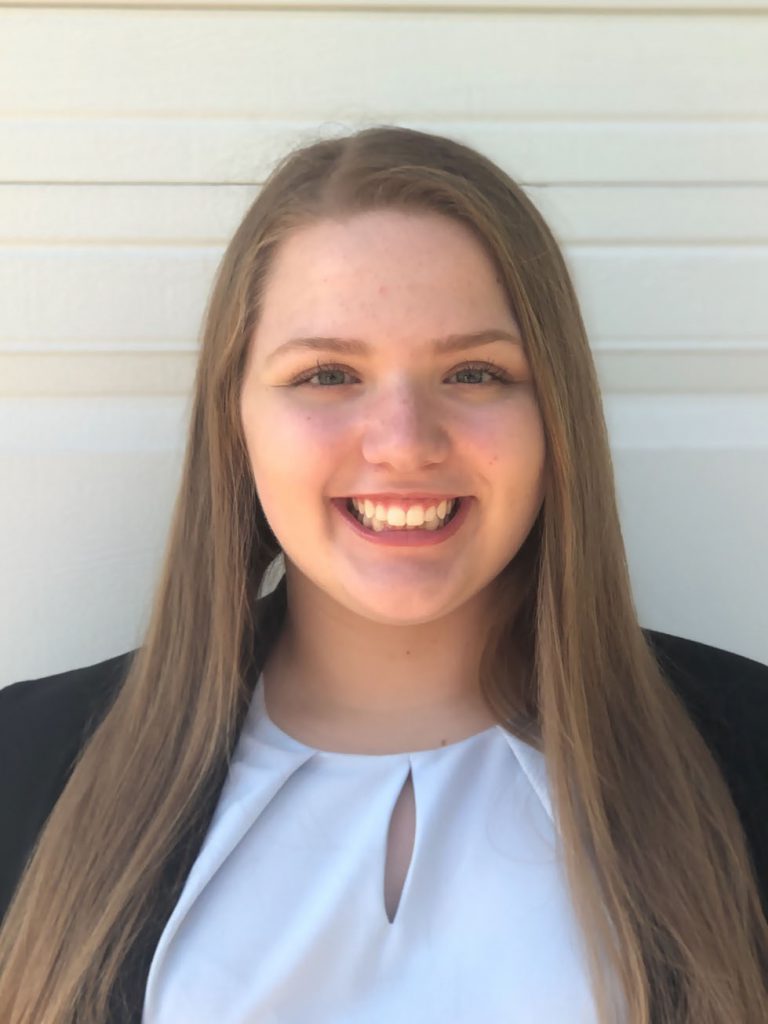
Mia Sannasardo 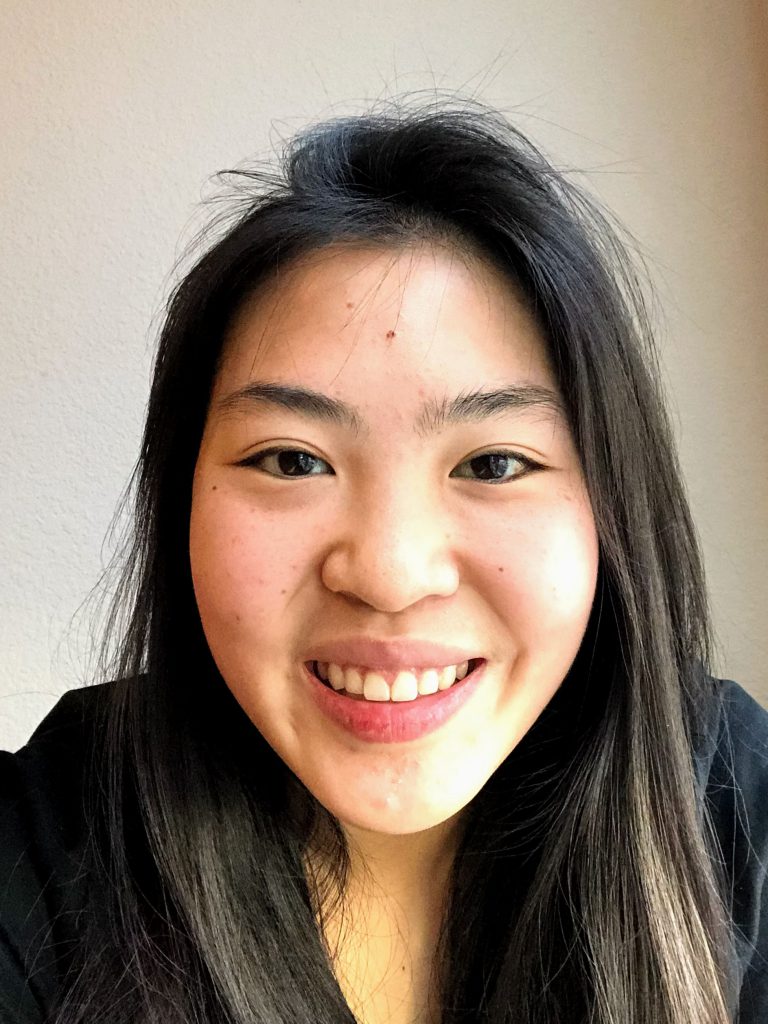
Danielle Wang
Mason Cho, BS student in Sport Management (Tracey Hammell, adviser)
Madeline Czeck, PhD student in Exercise Physiology (Dr. Donald Dengel, adviser)
Cachet Lue, MS student in Sport and Exercise Psychology (Dr. Diane Wiese-Bjornstal, adviser)
Shohgo Motoyama, MEd student in Sport Management (Nina Wang, adviser)
Ayanna Rakhu, PhD student in Sport and Exercise Psychology (Dr. Daheia Barr-Anderson, PhD, adviser)
Leila Riley, PhD student in Sport Management (Dr. Lisa Kihl, Dr. Vicki Schull, advisers)
Mia Sannasardo, BS student in Sport Management (Don Riley, Tracey Hammell, advisers)
Danielle Wang, BS student in Kinesiology (Kristin Farrell, Colin Rogness, advisers)

